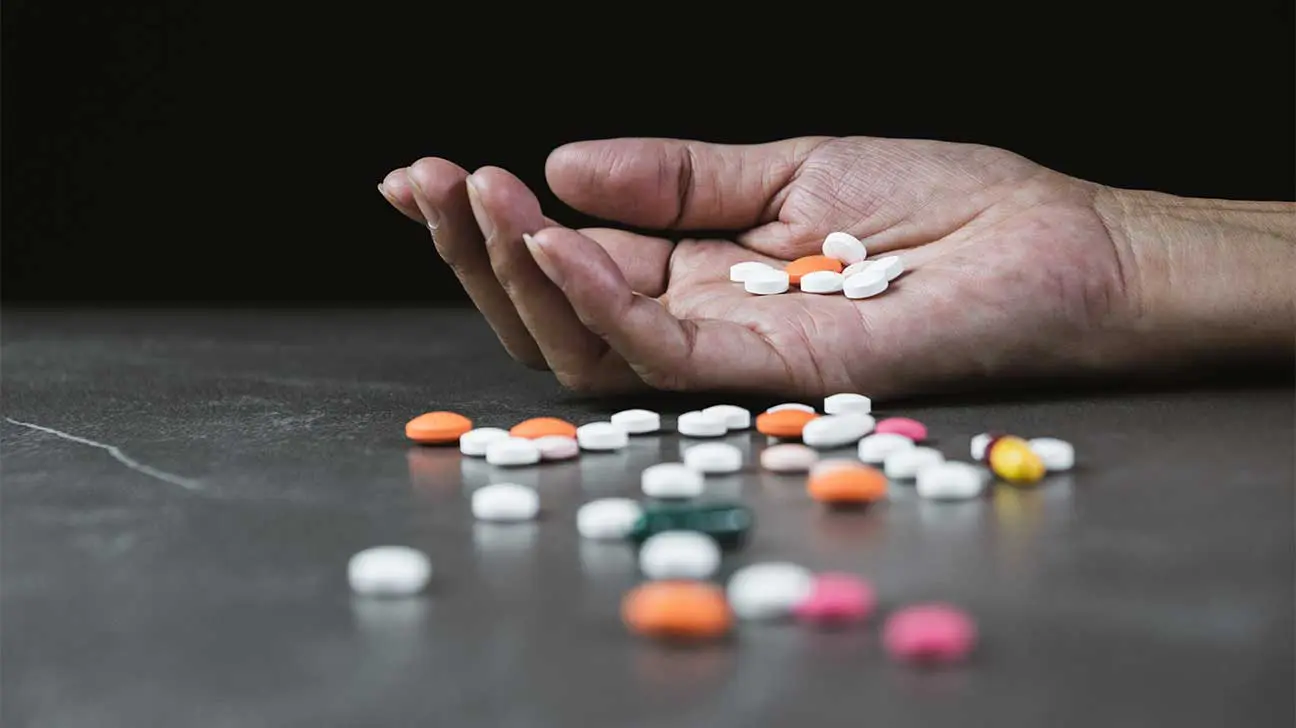
Ambien, the brand name for zolpidem, is a sedative-hypnotic commonly used as a short-term treatment for insomnia. Research shows that Ambien can be lethal at a dose of 300 milligrams.
When taken as prescribed, Ambien can be effective for its intended purpose. In very high doses, however, Ambien may cause drug overdose, which in severe cases, can be fatal.
Learn more about the fatal dose of commonly abused drugs.
How A Lethal Dose Of Ambien Is Determined
The drug label for Ambien, provided by the U.S. Food and Drug Administration (FDA), states that patients should take no more than 10 milligrams of Ambien daily, due to the risk of toxicity.
Ambien is a strong sedative-hypnotic that is generally prescribed at a starting dose of five or 10 milligrams. Reports of severe allergic reactions, and resulting fatality, have also been reported.
In order for Ambien to have fatal effects, a person would have to take far more than the recommended daily dose.
How Common Is Ambien Overdose?
Ambien overdose is not common according to medical literature. This might be in part because it is not commonly abused for recreational purposes, unlike prescription opioids such as Vicodin and OxyContin.
Taking excessive doses of Ambien, or mixing it with other depressants, can lead to fatal outcomes. To avoid lethal effects, do not take Ambien in any way other than prescribed by a doctor.
What Factors Can Affect The Lethal Dose Of Ambien?
The lethal dose of a drug like Ambien will not be the same for everyone. Several personal and biological factors can affect how much of a drug it takes for it to have deadly consequences.
Factors that can affect the lethal dose of Ambien include:
- age
- drug metabolism
- liver function
- kidney function
- drug tolerance
- history of substance use
- use of other drugs with Ambien
- body composition (e.g. body fat percentage)
Advanced age age, impaired kidney and liver function, and the use of Ambien with other drugs (including alcohol) are associated with an increased risk for serious Ambien overdose.
Signs Of Ambien Overdose
Knowing the signs of an Ambien overdose can help individuals and loved ones know when it’s time to call for emergency medical treatment.
Signs and symptoms of Ambien overdose can include:
- slow heart rate
- sleepiness
- unconsciousness
- confusion
- hallucinations
- slowed or stopped breathing
- low blood pressure
If someone has collapsed, stopped breathing, or is unresponsive after taking a high dose of Ambien alone or with other drugs, seek medical attention right away.
Finding Treatment For Alcohol And Drug Abuse
If you are looking for an addiction and mental health treatment program for drug and alcohol abuse, you can find one today. Whether it is for you or a loved one, we have more information about the recovery process and how to get started.
Addiction Resource aims to provide only the most current, accurate information in regards to addiction and addiction treatment, which means we only reference the most credible sources available.
These include peer-reviewed journals, government entities and academic institutions, and leaders in addiction healthcare and advocacy. Learn more about how we safeguard our content by viewing our editorial policy.
- Intensive Care Medicine—Acute zolpidem overdose leading to coma and respiratory failure
https://pubmed.ncbi.nlm.nih.gov/11534578/ - U.S. Food and Drug Administration (FDA)—AMBIEN
https://www.accessdata.fda.gov/drugsatfda_docs/label/2016/019908s036,021774s017lbl.pdf - U.S. National Library of Medicine: MedlinePlus—Zolpidem
https://medlineplus.gov/druginfo/meds/a693025.html - U.S. National Library of Medicine—Zolpidem-induced suicide attempt: a case report
https://www.ncbi.nlm.nih.gov/pmc/articles/PMC3878174/


